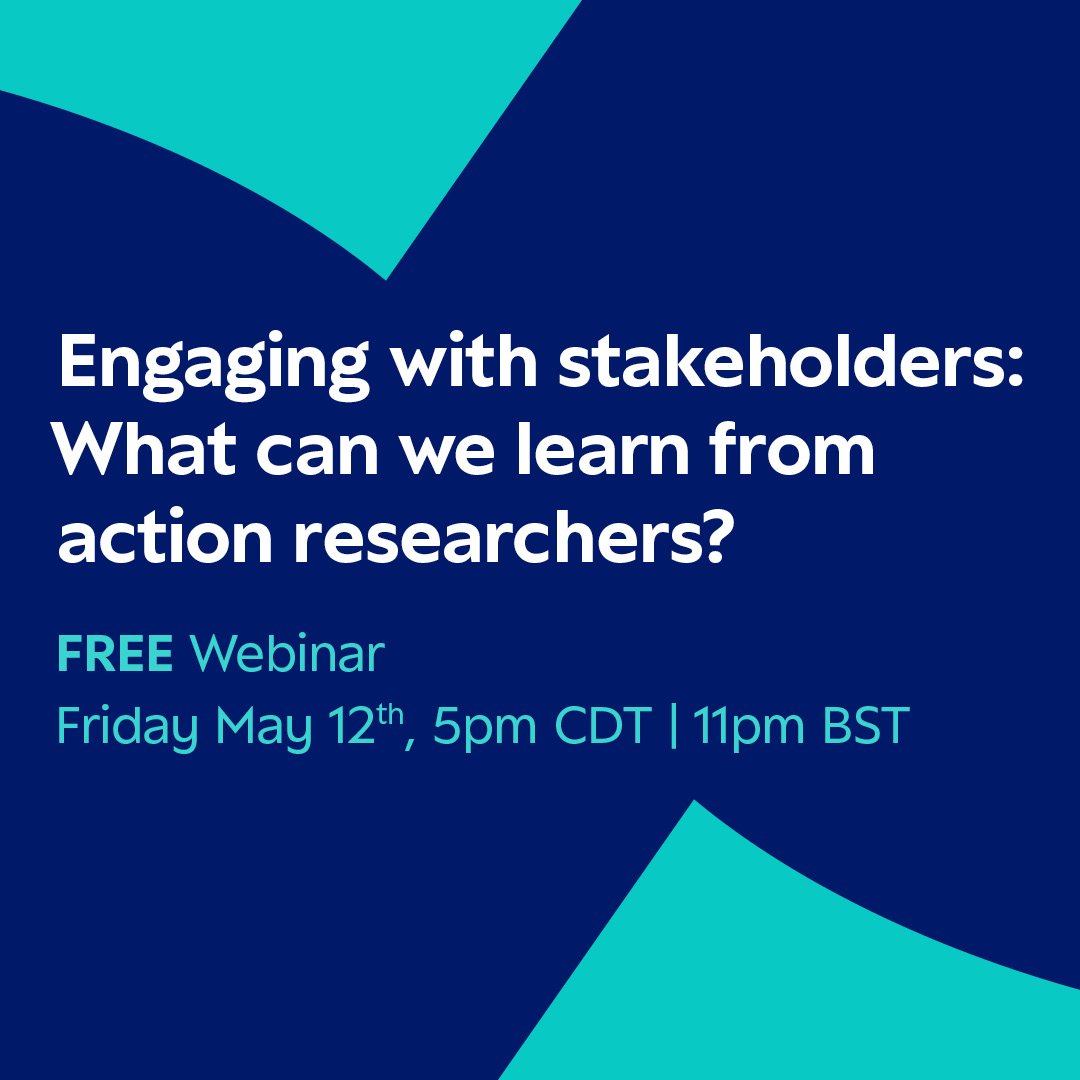Swahili Lexicon for Sentiment Analysis
The "Swahili Lexicon for Sentiment Analysis" project, funded by a Sage Concept Grant, aims to develop and test a Swahili Lexicon annotated by native Swahili speakers for text mining, particularly sentiment analysis.
Engaging with stakeholders: What can we learn from action researchers?
View the webinar and find a multidisciplinary collection of posts and videos from Alfredo Ortiz Aragón, Rosalind Beadle, Ernie Stringer and their colleagues.
Automated Video Analysis
Learn about a Sage Concept Grant winner: Automated Video Analysis software (or AUVANA for short) is an open-source annotation tool for social scientists whose research involves analyzing and annotating videos.
Using Secondary Data in Mixed Methods is More Straight-Forward Than You Think
Learn about using mixed methods with secondary data.
Creating a Culture of Inquiry in the Classroom
How can you create a culture of active learning and inquiry in your classroom?
Action research for student teachers … not as neat a tidy as we might hope
Colin Forster and Rachel Eperjesi co-authors of the second edition of Action Research for Student Teachers offer tips for researchers who want to study children in classroom settings.
Participatory Action Research as a Tool for Decolonising Research
Decolonisation is not a peripheral but central concern to social research for change. Learn more from Caroline Lenette, author of Participatory Action Research: Ethics and Decolonization.
Using Inquiry Models to Learn How to Ask Questions
Ideas about active learning help students develop the questioning skills needed to be a researcher.
Design Thinking and Research
In this research conversation with Janet Salmons, Julianne Cheek and Elise Øby discuss the importance of an iterative, design-thinking approach to research.
Causal Maps for Data Analysis
Causal Map is a web app dedicated to causal qualitative data analysis. Learn more about this open-access tool, winner of a Sage Concept Grant.
Generating Data with Autoethnography
What is autoethnography? How do researchers study their own experiences? See this post for definitions and open-access articles that explore this qualitative method for collecting data.
Teach Methods for Qualitative Data Collection
Looking for instructional materials you can use or adapt? These open-access and library resources can be used to learn new qualitative research skills, or to share with students.
Methods in Action: The Ethics of Studying Online Comments
What ethical issues face researchers who study online comments? Paul J. Reilly offers explanations and an open-access research case.
Participant Observation
Learn about participant observation and read open-access articles that explore this approach to collecting data online or in the field.
Conducting Focus Groups
Focus groups allow us to hear and learn from what participants say to each other. We can conduct focus groups in-person, or online. In this post, find a collection of open-access articles about focus group methods for collecting data.
Teach Quantitative Data Collection
Looking for instructional materials you can use or adapt? Here are materials for teaching quantitative data collection.
The importance of critical appraisal
Critical appraisal of research papers is a component of everyday academic life, whether as a student as part of an assignment, as a researcher as part of a literature review or as a teacher preparing a lecture. Learn more from this post.
Analyzing Published Literature Across Paradigms
Missed the Methodspace webinar “Analyzing Published Literature Across Paradigms and Disciplines”? View it here and find related resources.
Collecting Qualitative and Quantitative Data
Researchers who use mixed methods collect both qualitative and quantitative data. In this collection of open-access you will find articles that show how researchers collect two or more types of data.
Conducting Mixed Methods Research
Researchers who want to collect both qualitative and quantitative data with mixed methods will find this conversation of interest. Drs. Linda Bloomberg and Merle Werbeloff walk through the process of designing and conducting mixed methods studies.




















